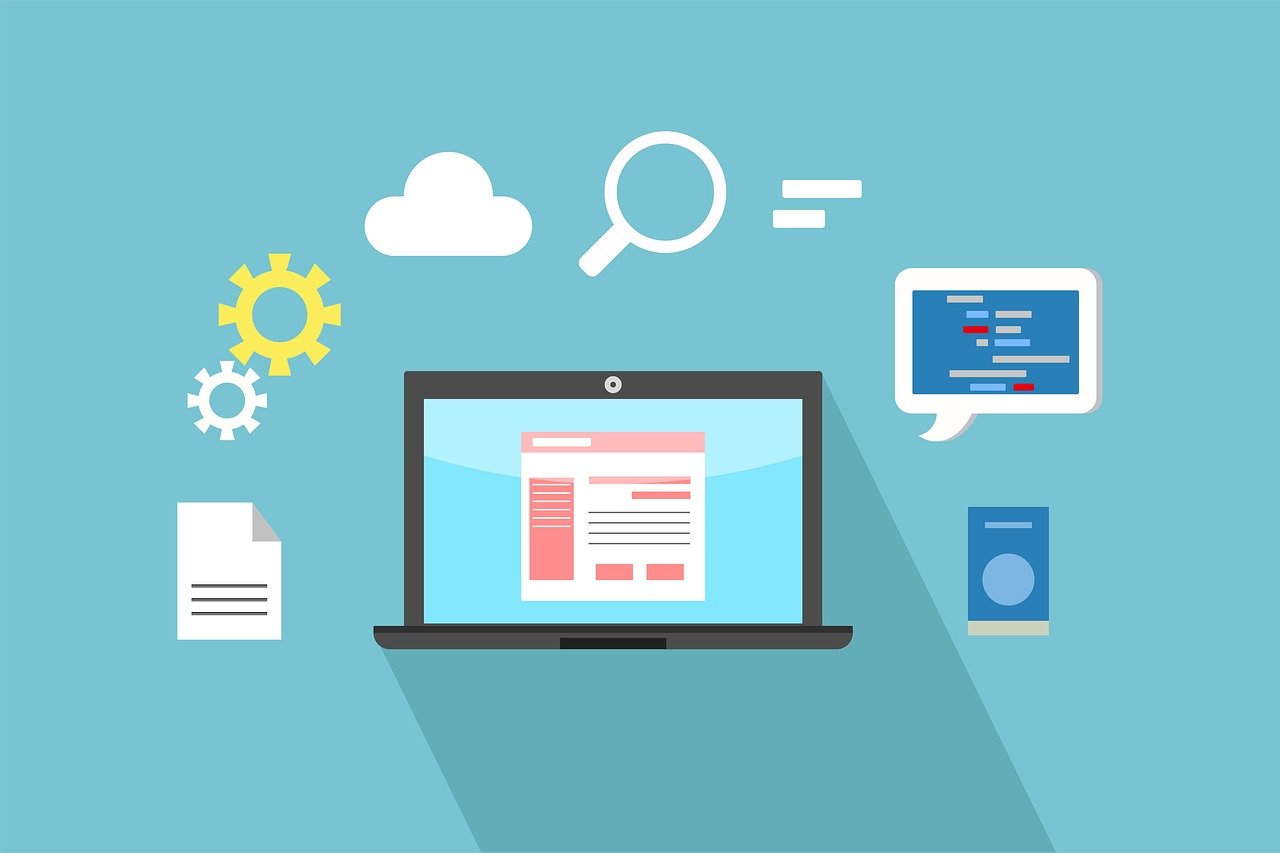The intersection of Accounting and Fintech

In recent years, the financial technology (fintech) industry has exploded, reshaping the landscape of various financial services sectors from banking, insurance, finance and accounting.
In fact it’s in accounting – a field often perceived as traditional and slow to change – that has been leading the charge to embrace many of these developments, undergoing a significant transformation thanks to technological innovations. This intersection is not only redefining accounting services but also fostering unprecedented collaboration between accountants and the fintech creators.
So, what can the accounting industry tell us about technology and adoption trends?
Live cloud data is a game changer
For accountants and businesses of all sizes the ability to update and access financial records anytime, anywhere improves many aspects of daily life. More than just a gimmick, this allows for real-time data for businesses needing financial information on the go, empowering the ability to make informed decisions quickly and effortlessly.
Embracing automation improves accuracy and satisfaction
Unlocked by cloud data, the most noticeable impact of fintech on accounting is the automation of routine tasks. Traditional processes like data entry, invoice processing, and reconciliation have been revolutionised by tools like Xero, QuickBooks, Sage, and FreeAgent – automating transaction imports, categorisation, invoice generation, and expense tracking. This automation slashes the time accountants spend on routine tasks, unlocking capacity to focus on higher-value (and higher impact) activities like financial analysis and strategic planning.
Again enabled by live cloud based data, these solutions also offer real-time access to financial data, enhancing the accuracy and timeliness of financial reporting to allow SME business owners to better understand the ‘pulse’ of their business. Companies like Futrli, Fathom, Castaway, and Spotlight Reporting offer powerful financial analysis and reporting tools that integrate seamlessly with existing accounting software, delivering visual dashboards, actionable insights, and granular data on current and future positions that benefit the accountants and business clients.
Ever improving compliance and risk management
These critical areas have also seen fintech innovations raise the bar significantly. Automated compliance tools ensure that financial records adhere to regulatory standards, reducing the risk of errors and penalties. Platforms like Silverfin enhance the work accountants undertake with cloud-based best practice templates for working papers, accounts production – all enhanced with powerful AI capabilities while businesses like Avalara are automating tax compliance by calculating taxes, preparing returns, and ensuring timely filing. Additionally, AI-driven fraud detection systems analyse transaction patterns to identify and prevent fraudulent activities, thus safeguarding financial integrity.
Transforming audit with blockchain
Traditionally a time-consuming and labour-intensive task, audit is also being transformed by fintech. Automated audit tools and blockchain technology are improving the efficiency and accuracy of audits. Blockchain, in particular, offers an immutable ledger that ensures the authenticity and transparency of financial records. Companies like Auditchain and Chainalysis are leveraging blockchain to provide continuous audit capabilities, reducing the time and cost associated with traditional audits.
Transforming services and service lines
Accountants are increasingly integrating fintech solutions into their practices, partnering with fintech companies to tailor these innovations to meet firm and client needs. Both firms and clients also benefit as these tools are adopted; accountants can offer a more timely, efficient and comprehensive set of services.
Fintech driven tools are also enabling an expansion of services accountants can offer. Traditional accounting services are evolving to include financial advisory, strategic planning, and technology consulting. Accountants are leveraging technology solutions to provide value-added services such as cash flow management, budgeting, and financial planning. This diversification not only enhances the accountant’s role as a trusted advisor but also creates new revenue streams for ambitious accounting firms.
And this is just the start
The collaboration between accountants and software technology companies is driving innovation within the accounting profession. Accountants and accounting are no longer seen as mere number-crunchers; they are now strategic partners who leverage technology to drive business success. Consequently, the accounting profession is becoming more dynamic, forward-thinking, and adaptable to the changing business environment.
Moving forward, this synergy between accounting and fintech will undoubtedly lead to even more exciting developments, further transforming the accounting profession and benefiting customers of these firms.
link



